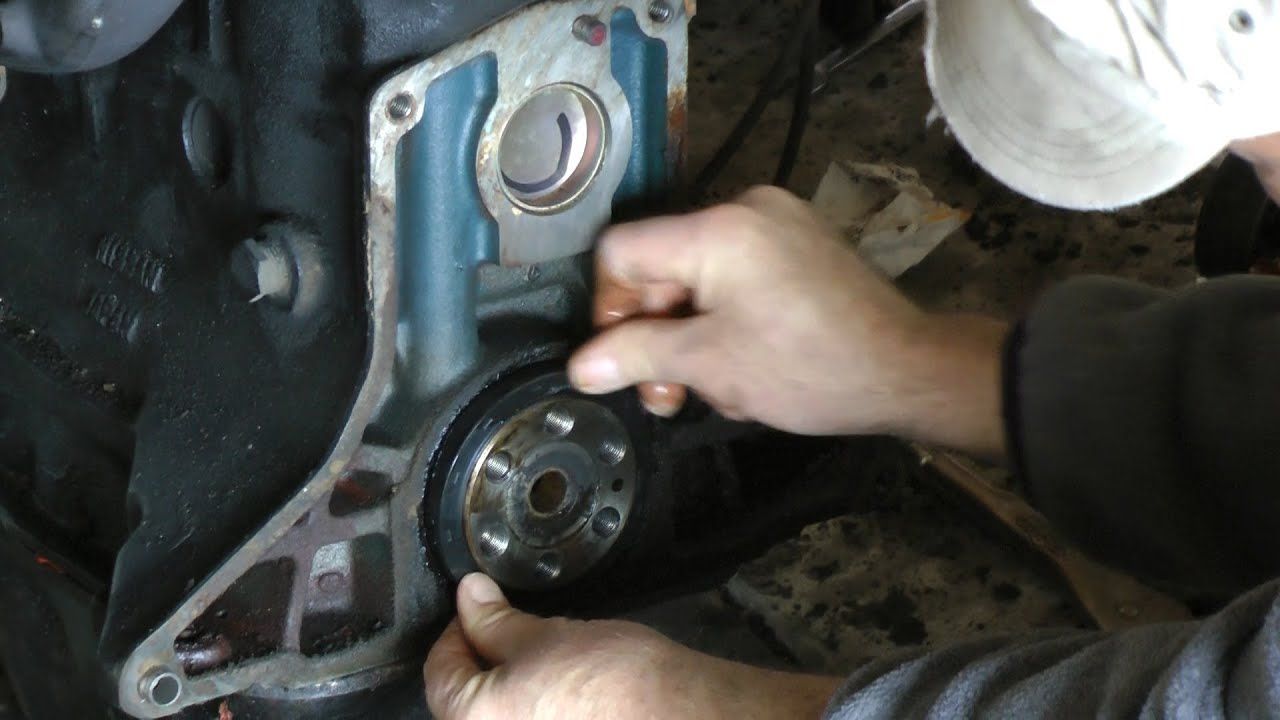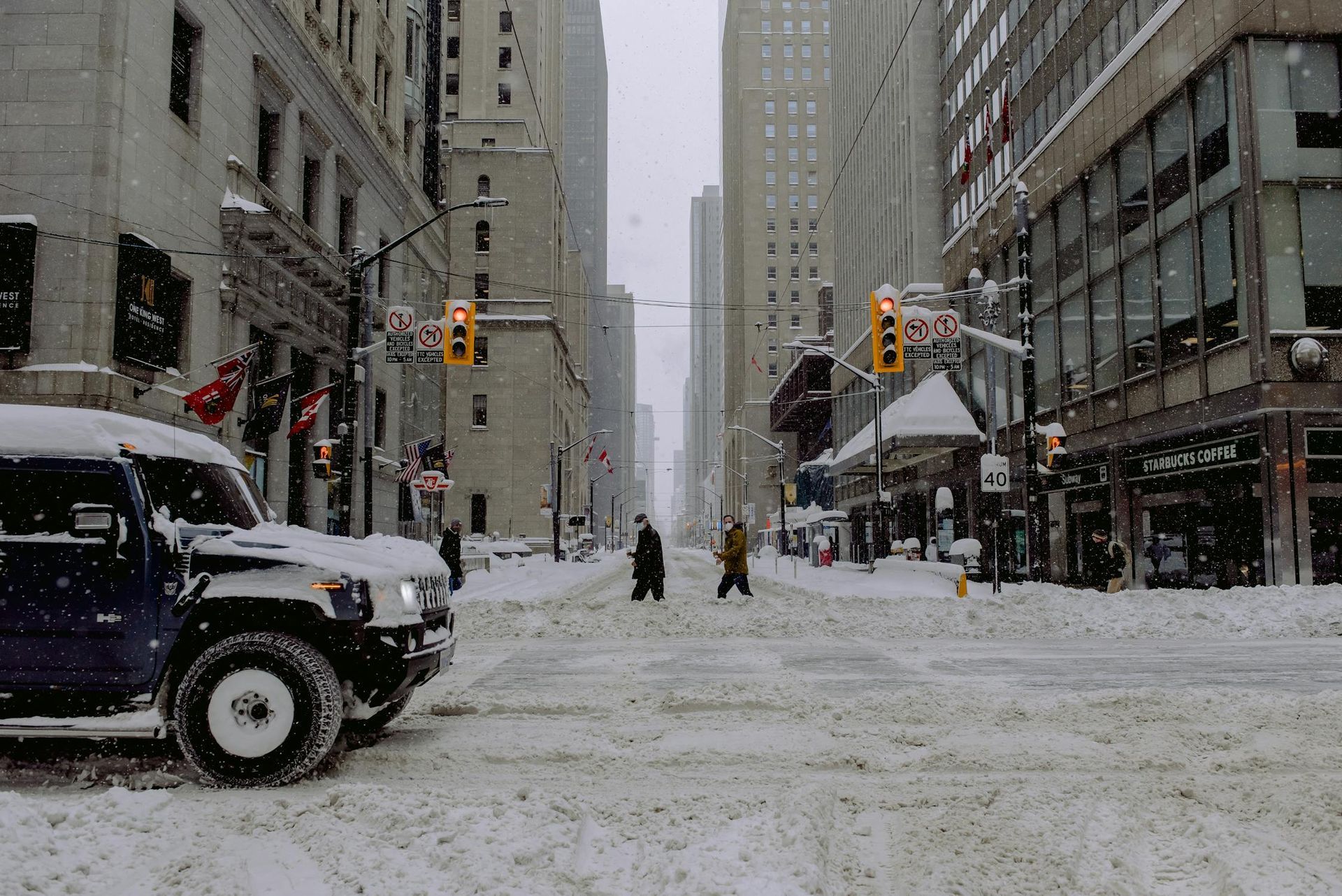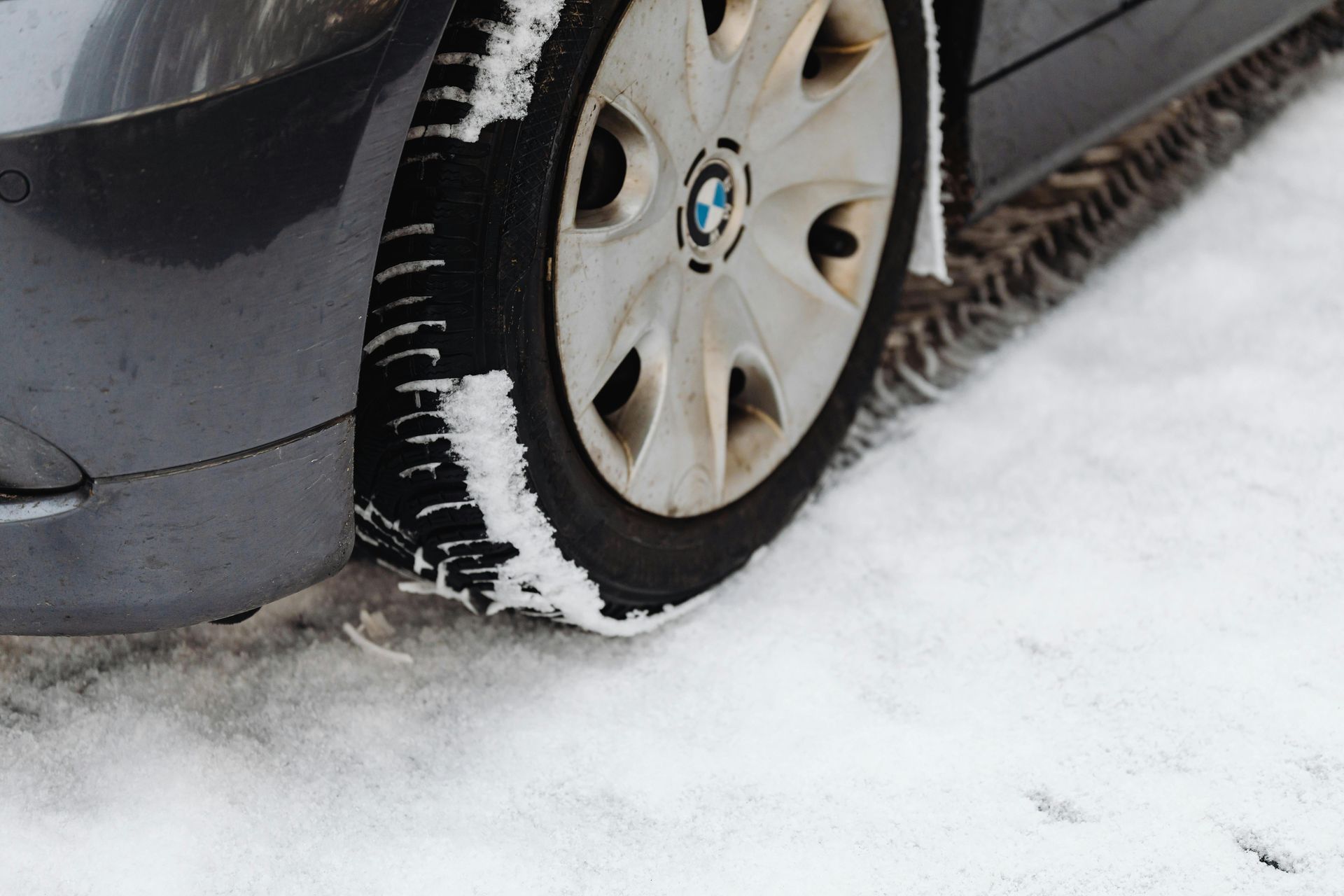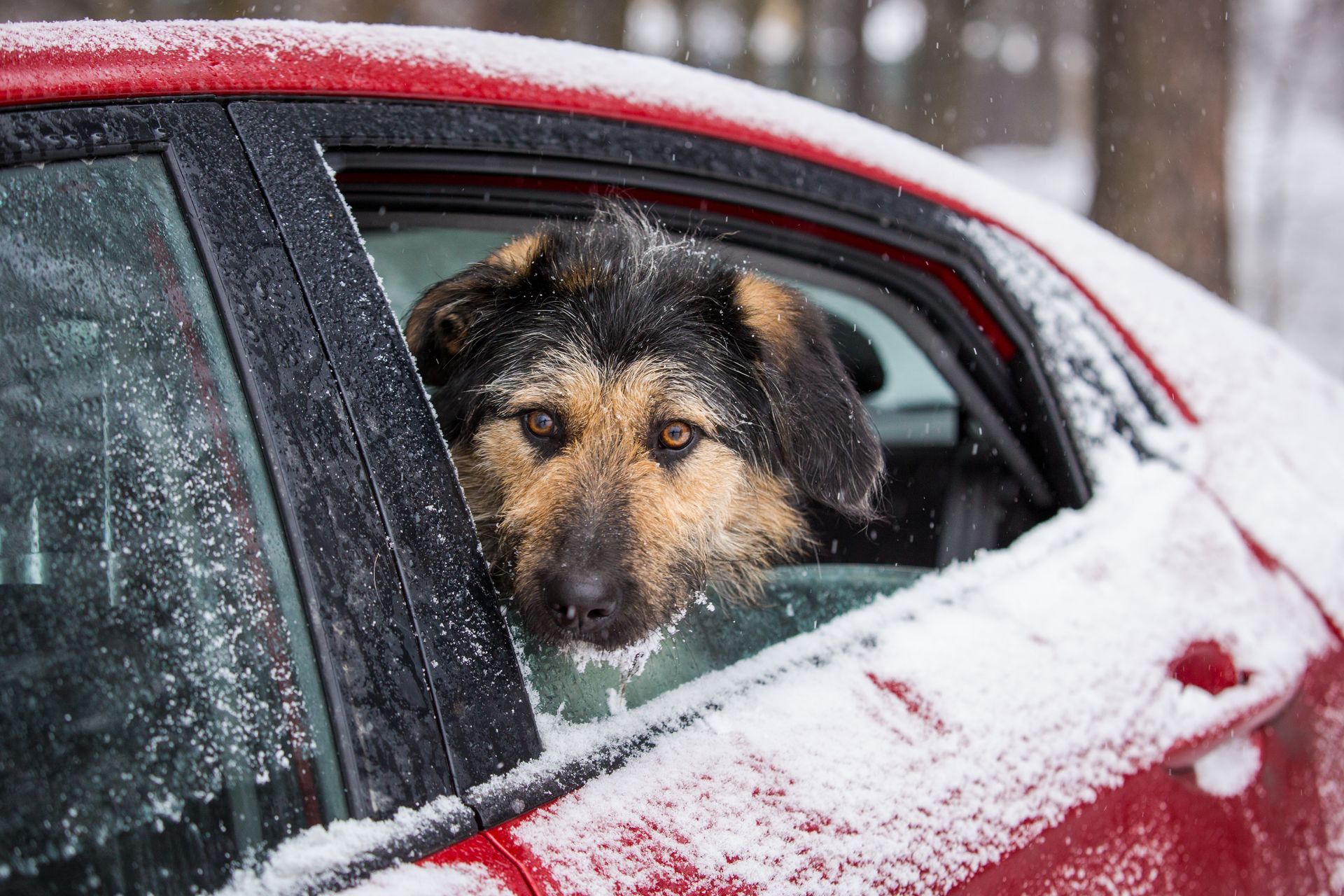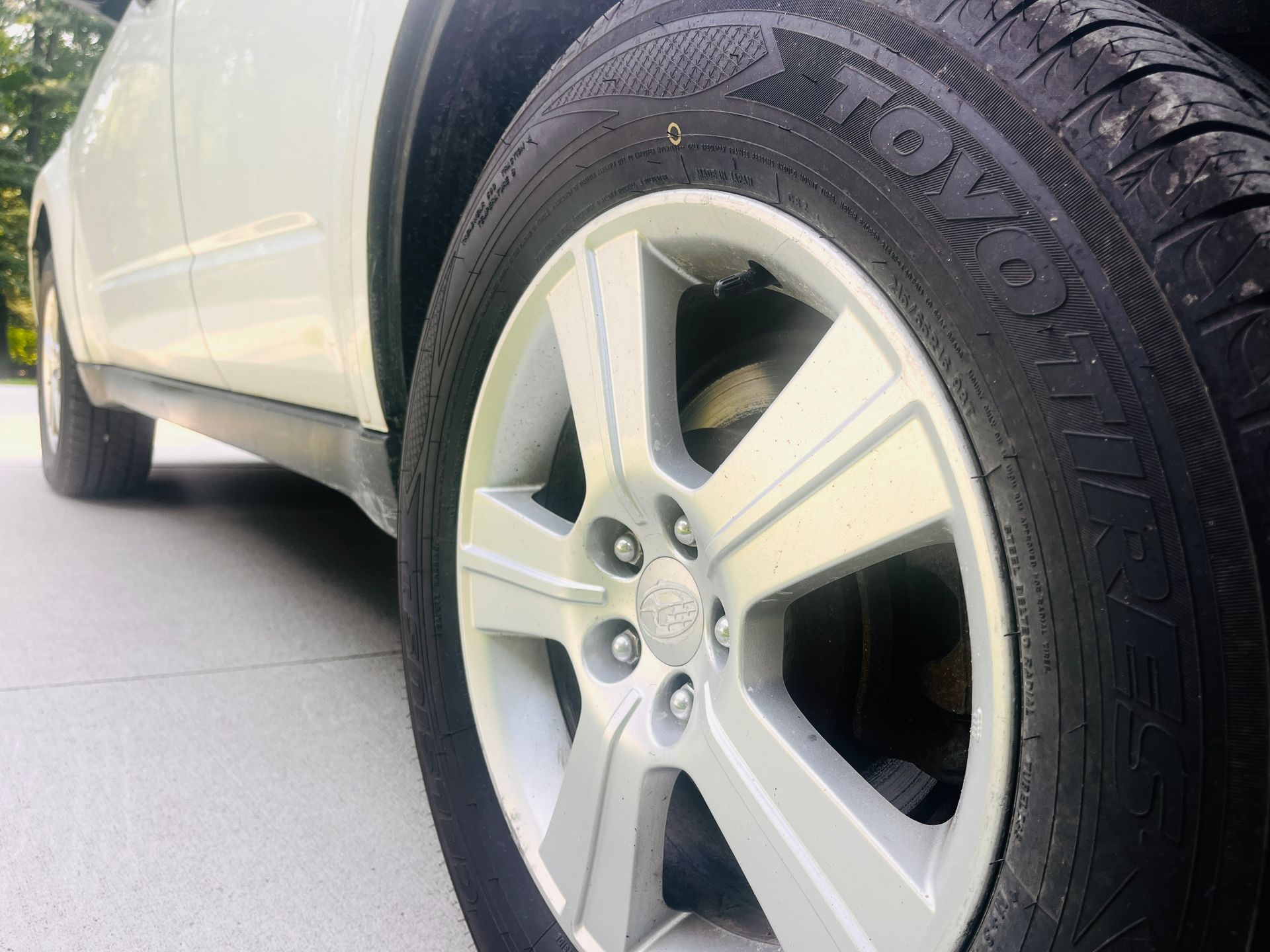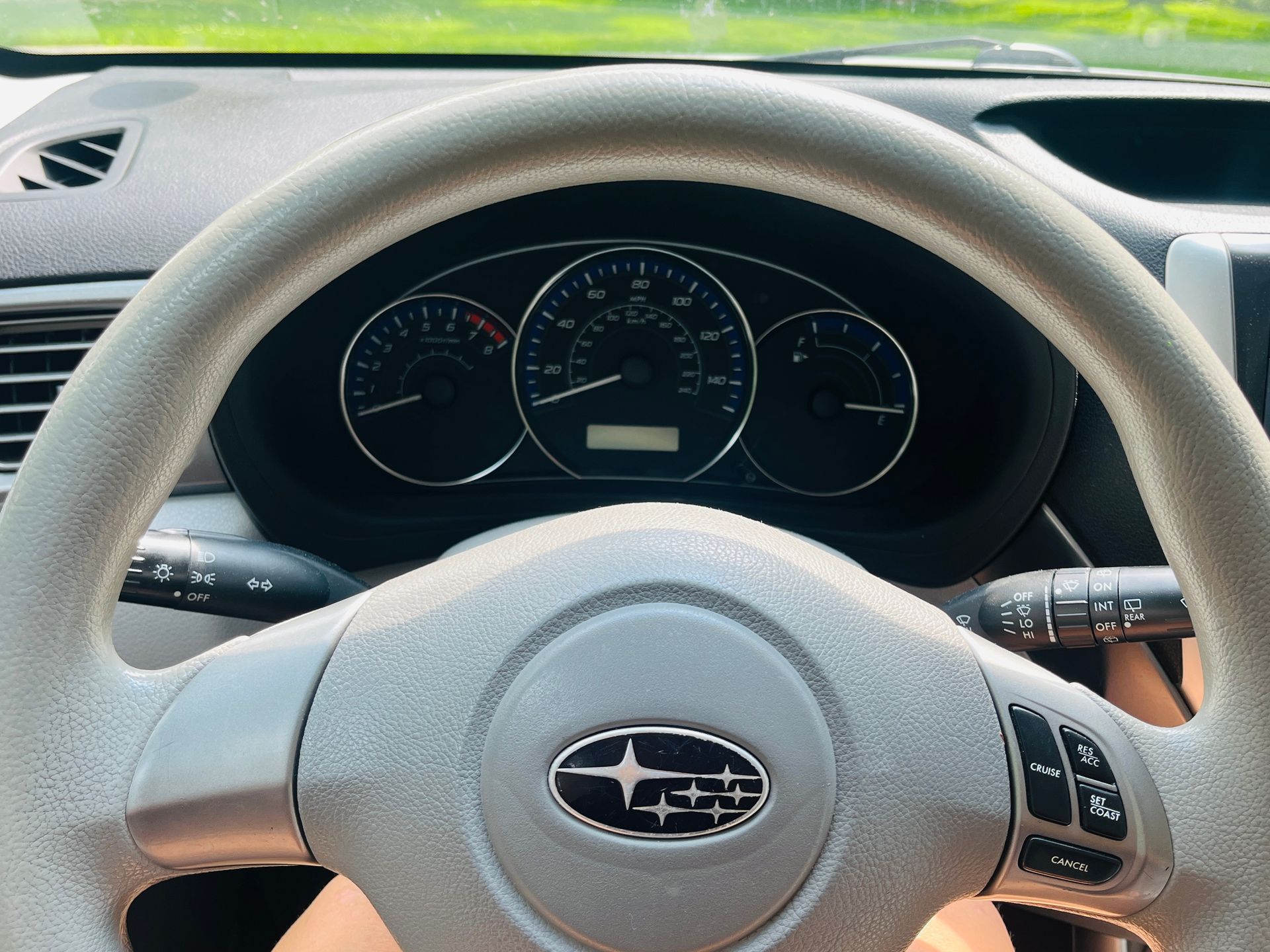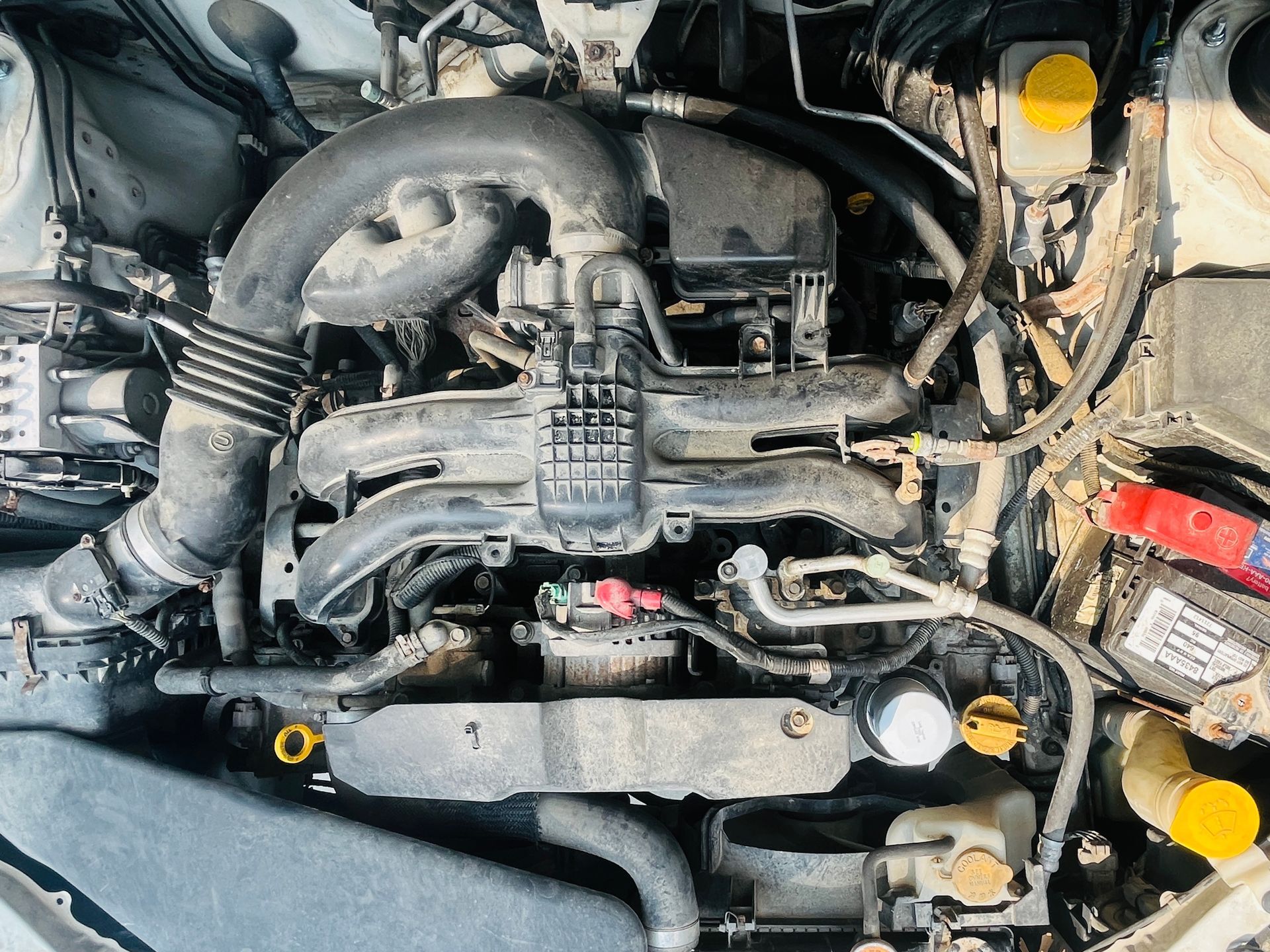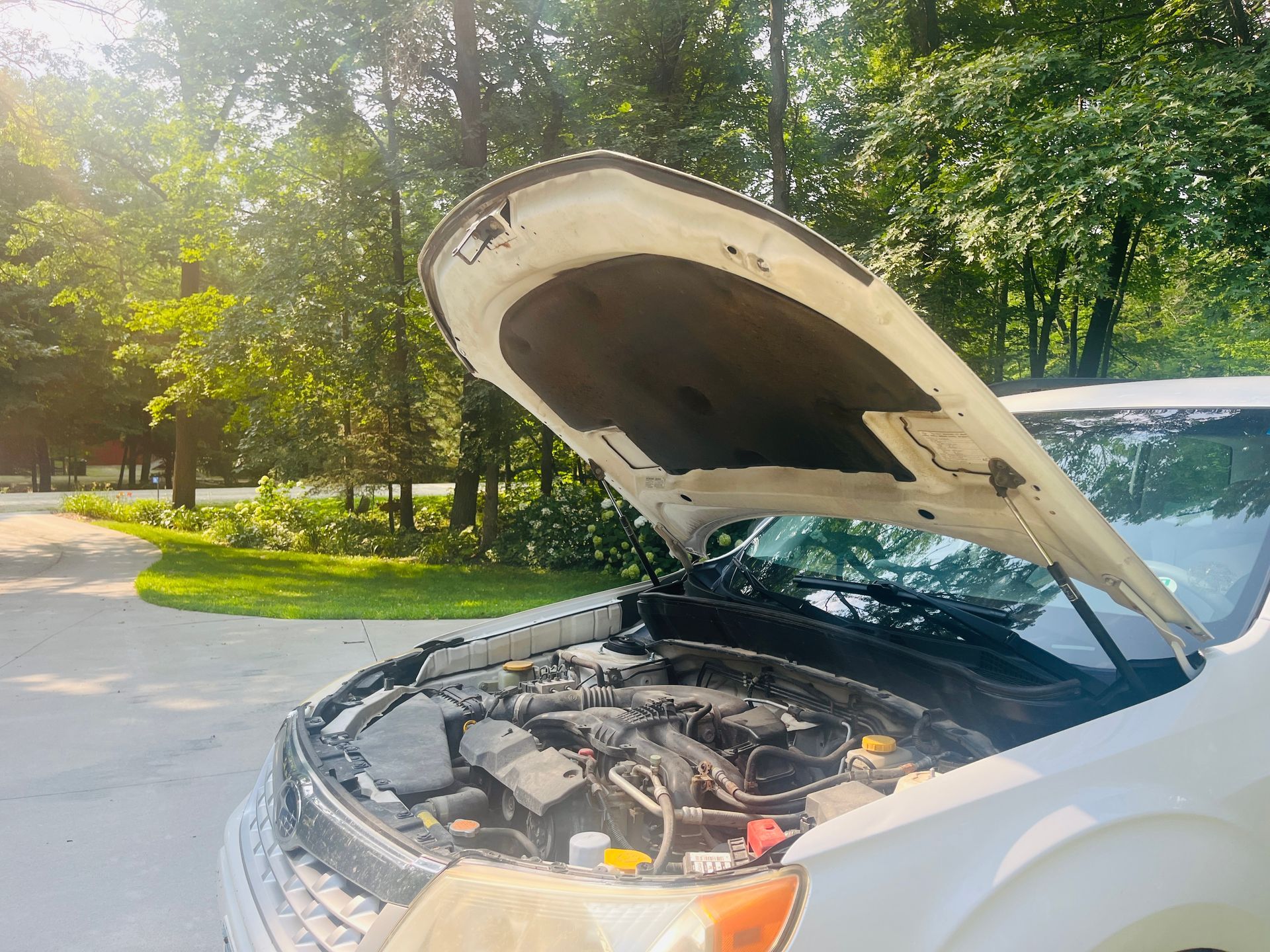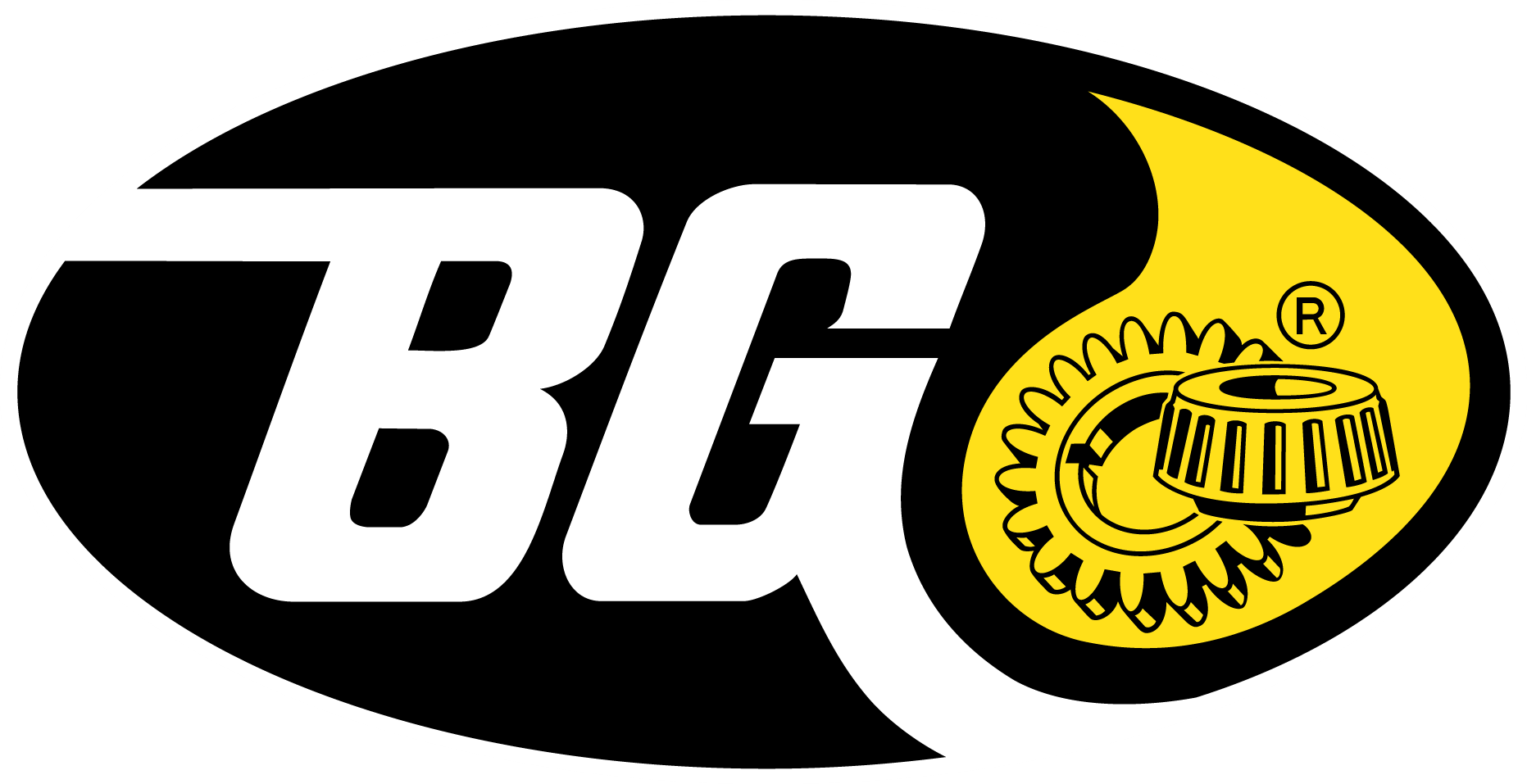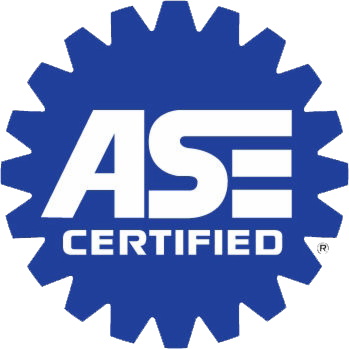Tips on winterizing your vehicle
January 2, 2014
Now that the hustle and bustle of the holidays has passed are you ready to settle into winter? If you live in Minnesota, you have no choice! Winter is here - there's no denying it now. Have you prepared for the winter months to come? Do you know how to do so and what this can mean for your vehicle? I am sure by now you are tired of lists of things you must buy and do. But the things I am about to tell you can keep you safer and actually save you time and money in the future … now there's good news for the New Year!
Certainly on the list of winterizing your vehicle is caring for your battery. Since I've already covered that topic in a previous article, let's move on to other important items.
Let's talk oil!
Did you know that the oil in your engine changes depending on how hot or cold your engine is running? What type of oil are you using? Does your vehicle require a lower viscosity oil in the winter?
What is viscosity and how might it affect your engine? Viscosity refers to how thick or thin a fluid is. The colder the oil is, the thicker, or higher viscosity it will be. A thicker oil doesn't circulate as well in an engine during start-up as a thinner oil does. And if the oil is too thick, your engine doesn't get the lubrication it needs to function properly and at peak performance.
Be sure to check your owner's manual to see a recommendation of the oil that should be used in your vehicle and what's best for different climates. Another option to consider is a high grade fully synthetic oil. After the first article I wrote on the subject, I researched synthetic oils. Afterwards, I approached my husband and said, "Hey honey, I've decided that I need you to use Mobil-1 in Betty White (my '99 Town & Country)." His response "I already do." Having researched the benefits, I was tickled pink to know I was already signed up! You see, fully synthetic motor oils contain non-conventional, high-performance fluids and additives to help prevent wear, keep your engine clean, flow easily, maintain viscosity, prevent rust and reduce friction. It takes the guess work out of what oil to use because it's already the best and it maintains it's viscosity under the widest possible range of temperatures and engine conditions. What's more? You don't have to change it as often. So even though it costs a bit more at the time, you can wait longer for your next oil change and it's best for your engine … saving time and money!
Is your coolant cool?
You know all about coolant as I've written about it before, right? What? You don't read every one of my articles? Well, let me give you a little recap so you understand the importance of coolant in the winter. It does just what its name infers; it cools your engine. But it also prevents freezing and corrosion. Every vehicle requires a certain coolant to water ratio. Does your coolant test within the parameters recommended? Your vehicle manufacturer also recommends flushes of the coolant on a regular basis. The frequency depends on many factors including type of vehicle, age, use and climate. When was your last flush? Is it on the bottom of your to-do list? Not caring for this important fluid can lead to expensive repairs in the future.
Trekking through
How do your tires look? Are they sufficient for winter weather - snow, sleet and ice? You have places to go, people to see, things to do. Are you doing it safely with good traction? Considering the condition of your tires, would you want your family driving that vehicle or riding in it? If your answer is yes, congratulations! I wish you well on your paths through Rochester. If you hesitated, even a little, perhaps it's time to consider the benefits of snow tires that can be changed seasonally, or even a new set of all-season tires. Yes, new tires are an investment and may affect your pocketbook more than you would like, especially after the holidays. But consider the alternative - an accident with injuries to loved ones, a busted up vehicle and the time and money it takes you to have your vehicle fixed after an accident.
If all is well with the tread and performance of your tires this winter, be sure your tire pressure is accurate. Properly inflated tires will help with your traction and gas mileage. Keep in mind that as temperatures plummet the air in your tires will be altered. Be sure to keep this in mind and check your pressure at regular intervals for best performance.
Do you have a four-wheel drive? If so, be sure to check the four-wheel drive system to be sure it's working correctly - especially since you don't usually use it in the months without snow. Does the system engage and disengage easily? Do all of the drivers in your home know how to operate the system?
Beautiful Belts
If you have regular maintenance performed on your vehicle, chances are your belts are looking good. But if it's been a while since inspection, it's important to have them checked. Cold temperatures can weaken belts and hoses. If one snaps or breaks, the only way you are going to be moving is via a tow truck!
Seeing clearly
Visibility is key in winter. It's often compromised by precipitation, salty build up on your windshield and reduced sunlight. Be sure you are taking care of all the areas of your vehicle that aid in your visibility. Wiper blades life expectancy is one year. Be sure yours are up to snuff and replaced if needed. How's your washer fluid? Keep it filled so you don't run out this winter. There is never a convenient time to run out of that! Lastly, be sure you can see and others can see you with timely replacement of burnt out light bulbs. If this is something you've been putting off, don't delay … consider what would happen if the other one burns out while you are driving!
Baby it's cold outside! And there is plenty of snow to come. Be sure you are prepared in every way to stay safe and have the best vehicle performance
.

